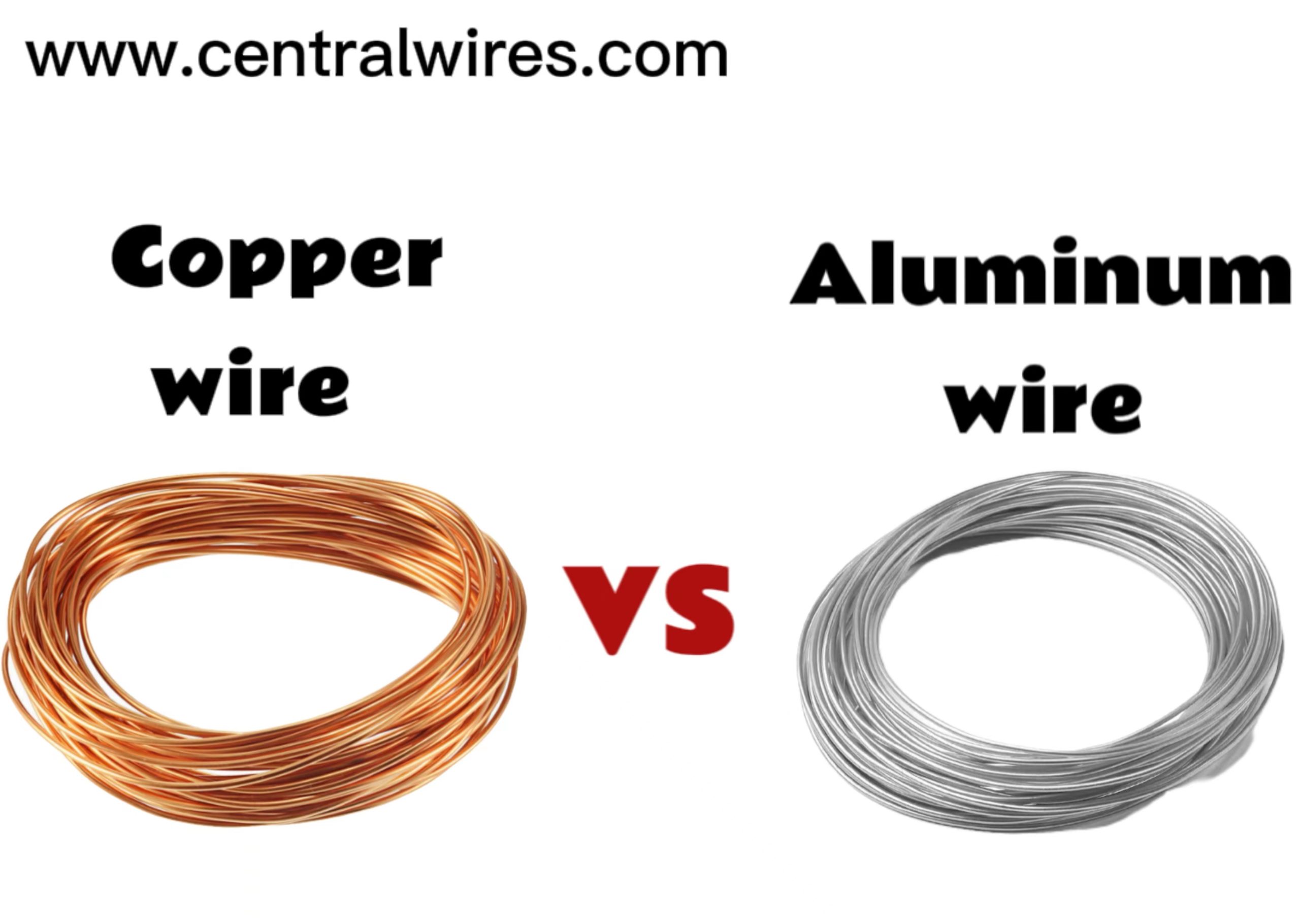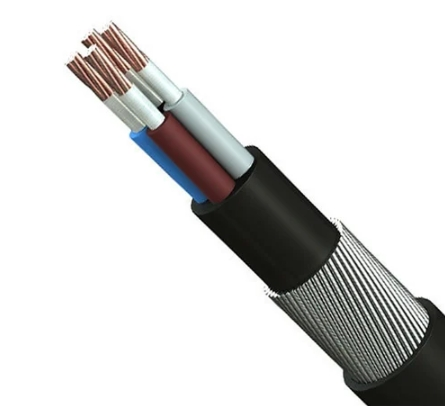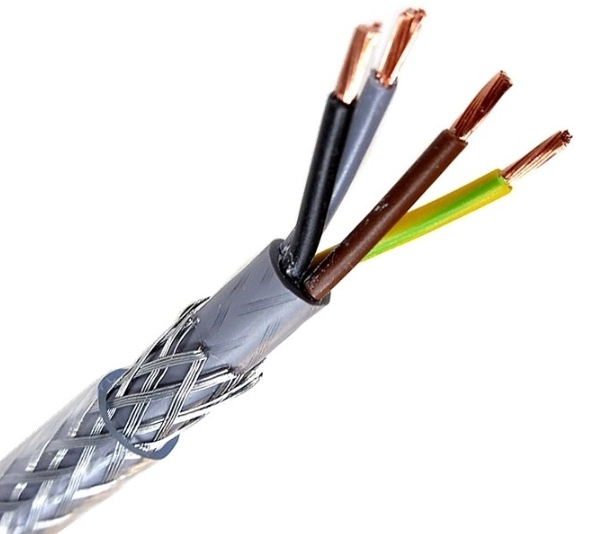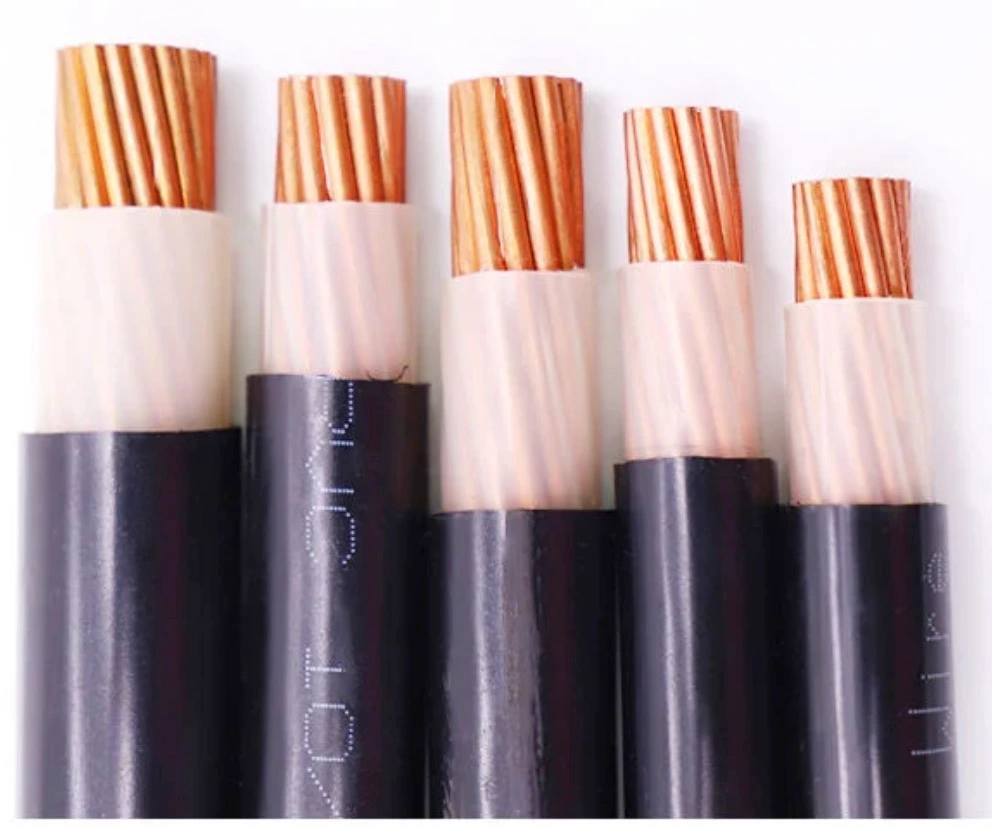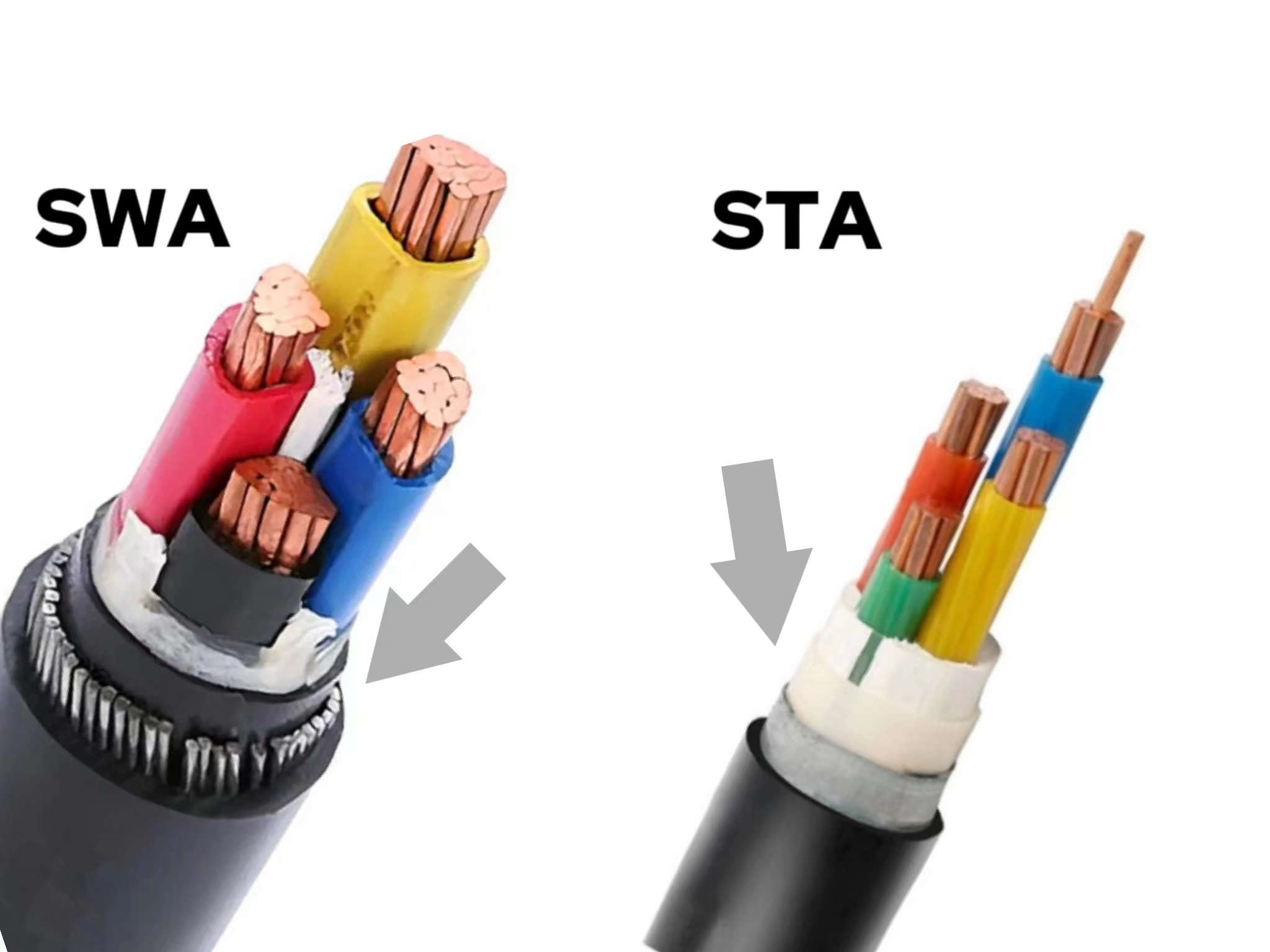A fundamental decision must frequently be made in the field of electrical wiring: solid vs stranded wire. The efficiency, affordability, and performance of your project can all be greatly impacted by your ability to distinguish between the various types. Each type has distinct qualities and applications. We will explore the differences between stranded and solid conductors and provide you with a thorough resource to help you make an informed choice.
What is solid wire?
Solid wire, also known as solid core wire, is a type of solid electrical wire that consists of solid metal core. It is typically made of materials like copper or aluminum.
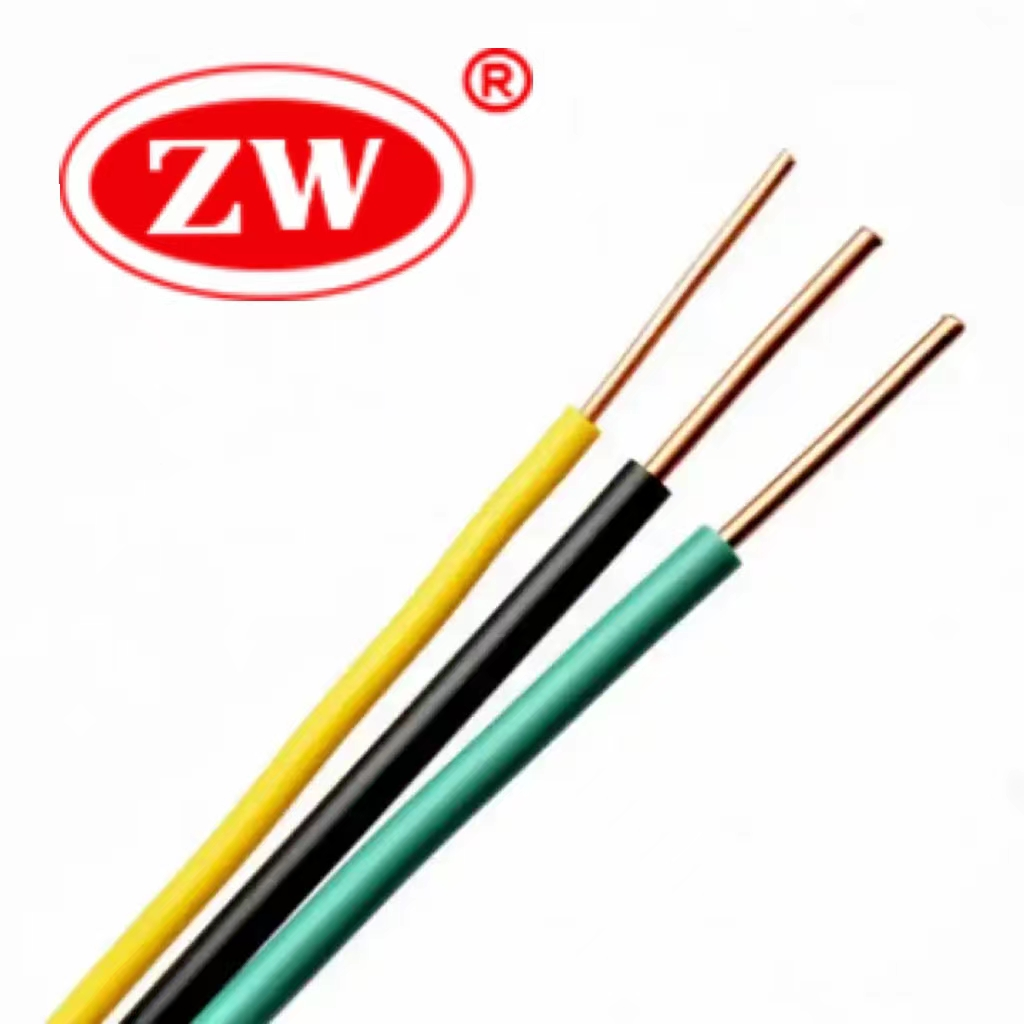
What is stranded wire?
Stranded wire meaning is a type of single stranded wire used in electrical applications, consisting of fin wires twisted into a bundle.
Now let’s investigate the ideal times to utilize stranded and solid cables!
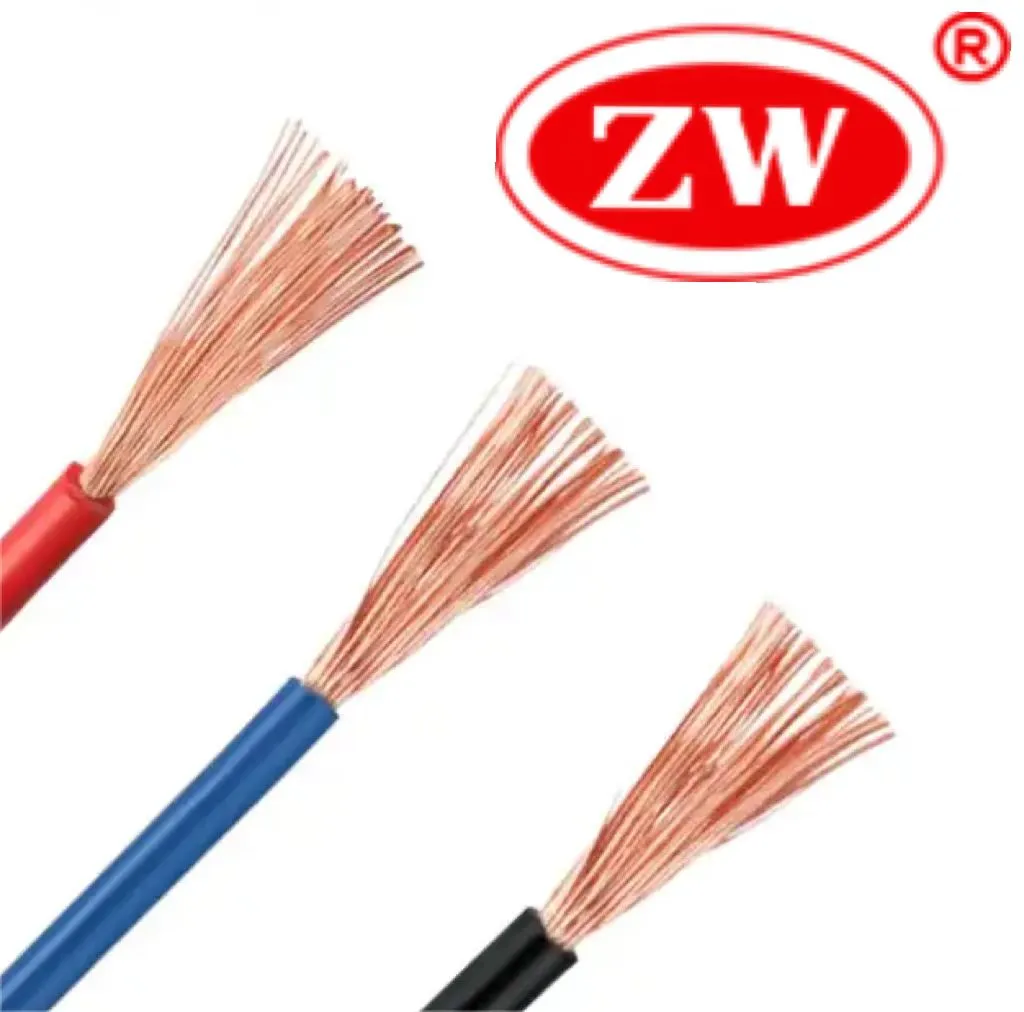
When to use stranded vs solid wire
Stranded or solid wire are both commonly used in electrical and electronic applications, and the choice between the two depends on the specific requirements of the application.
Stranded wire: Stranded conductors are suitable for frequently moving, vibration-intensive or need wire at the corner.For instance, automobile wires, portable tools, and electronic equipment. Because of its softness and durability, the more popular braid in stranded wire is also frequently used for applications that call for flexibility. Stranded wire types are more flexible and less prone to break from repeated bending or movement than solid conductors.
solid wire: Solid electrical wire is commonly utilized in permanent installations, such as the wiring of homes or businesses, where the wires will not be moved or bent frequently. Although it is less flexible than stranded wire, the electrical connection it offers is incredibly reliable and steady.
Generally speaking, stranded wire is used in applications that require flexibility and resistance to bending and movement, whereas solid core copper wire is often chosen for fixed installations where stability and ease of termination are critical. When selecting a wire type, it is important to take into account the particular requirements of the application and refer to pertinent standards and codes. Additionally, we can understand what separates solid cables from stranded cables in particular.
Difference between stranded and solid wire
Construction: Solid wire is made from a single, solid piece of metal, while stranded wire is composed of multiple fine stranded wires twisted together.
Flexibility: Solid wire is rigid and less flexible, while stranded wire is more flexible and easier to bend.
Resistance to Metal Fatigue: Stranded cables typically have a higher resistance to metal fatigue brought on by bending and flexing when Compared to solid wire.
Installation: Solid wire is often easier to use with certain types of connectors or terminal blocks because it maintains its shape and doesn’t fray like stranded wire can. However, stranded wire is often easier to route through tight or complex spaces due to its flexibility.
Current-Carrying Capacity: Solid core wire is relatively tightly packed and has higher heat conductivity, which means it can dissipate heat more efficiently, whereas the thinner wires in stranded wire contain air gaps and have a larger surface area per strand, which translates into more dissipation.
Common Uses: Solid wire is commonly used in stationary applications such as house wiring, while stranded wire is often used in applications that require flexibility and movement, such as 12 gauge stranded wire Often used for heavy-duty extension cords because it is flexible and can withstand higher current loads.
In summary, the suitability of each type of wire for various electrical and electronic applications may be impacted by these variations. At the same time,We need a more intuitive understanding of the amperage meter in order to choose a more suitable wire.
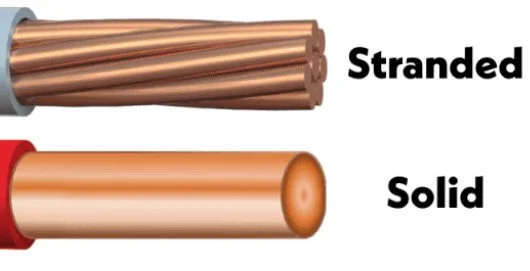
Stranded vs solid wire amperage chart
The amperage capacity for stranded and solid can vary depending on the wire gauge and material. However, a general guideline for amperage capacity for typical copper wire is as follows:
 Therefore, make sure to use the appropriate gauge of wire for your particular application to ensure both efficiency and safety. Does solid or stranded wire carry more current? As a professional cable manufacturer, We can answer accordingly by saying that A solid core wire can carry the same current than multi stranded cables compared to the same gauge. e.g., Let’s go by the exhaustive data of awg stranded vs solid,e.g. 12 gauge stranded wire vs solid and 10 gauge stranded wire vs solid. 12 gauge stranded wire can withstand 13.1 A, and the same 12 gauge solid wire can withstand 13.1 A. In the meantime, let’s look at another gauge of 10 gauge stranded wire that can withstand 20.8 A and 10-gauge solid wire also can withstand 20.8 A.
Therefore, make sure to use the appropriate gauge of wire for your particular application to ensure both efficiency and safety. Does solid or stranded wire carry more current? As a professional cable manufacturer, We can answer accordingly by saying that A solid core wire can carry the same current than multi stranded cables compared to the same gauge. e.g., Let’s go by the exhaustive data of awg stranded vs solid,e.g. 12 gauge stranded wire vs solid and 10 gauge stranded wire vs solid. 12 gauge stranded wire can withstand 13.1 A, and the same 12 gauge solid wire can withstand 13.1 A. In the meantime, let’s look at another gauge of 10 gauge stranded wire that can withstand 20.8 A and 10-gauge solid wire also can withstand 20.8 A.
Conclusion
To wrap up, the decision between solid and stranded wire depends heavily on their intended use. Both types have their unique strengths, and understanding these can help you choose the wire that best matches your business needs. We also have additional analogies: for instance, solid versus braided wire. In addition, ZW cable has been a pioneer in the wire industry since 1993. And we are dedicated to offering top-notch, high-quality products. if you have related questions or needs, please visit our website to learn more about our products, or you can send an email to inquire about customized products.
The following FAQs address the subject:
Is there a difference in cost between solid wire and stranded wire?
Stranded wire is usually more expensive than solid wire because it requires more processing to produce.
Can I use stranded wire instead of solid?
Overall, stranded wire can be used in place of solid wire for increased flexibility, but special terminations may be required. Consider cost, availability, and difficulty of installation. Stranded wire is preferred where continuous bending, vibration, or exposed wiring is present.
Is stranded wire better than solid?
Solid conductors are preferred for their long-distance conductivity and stability in fixed installations, whereas stranded conductors are typically better suited for applications requiring flexibility and resistance to breakage. The particular requirements of the application ultimately determine which option is best.

